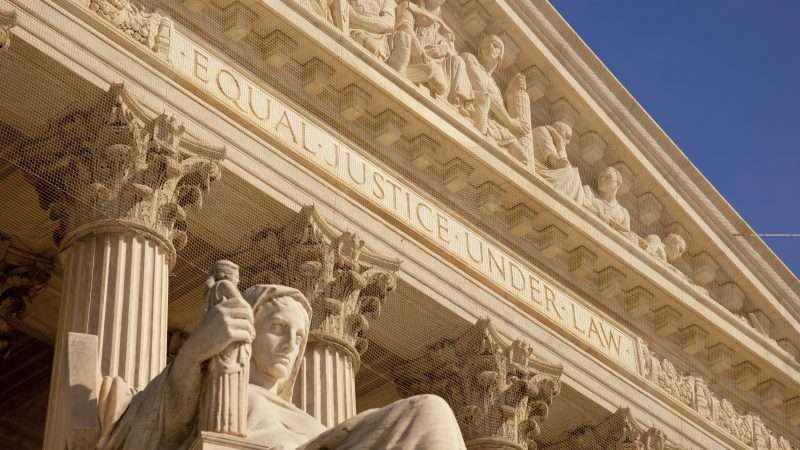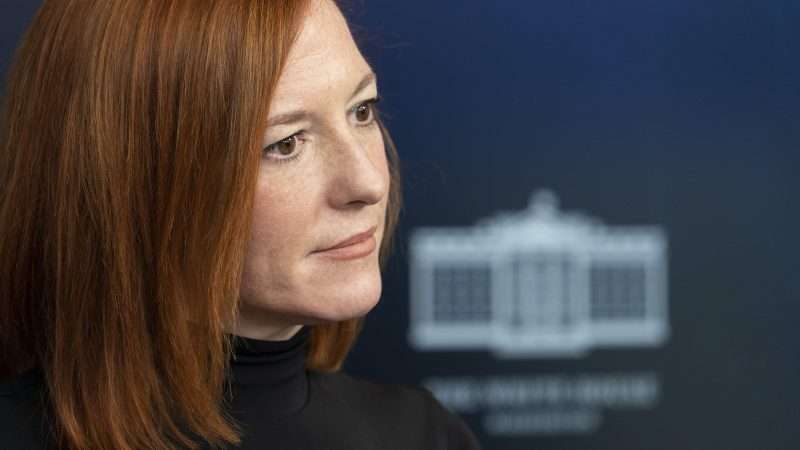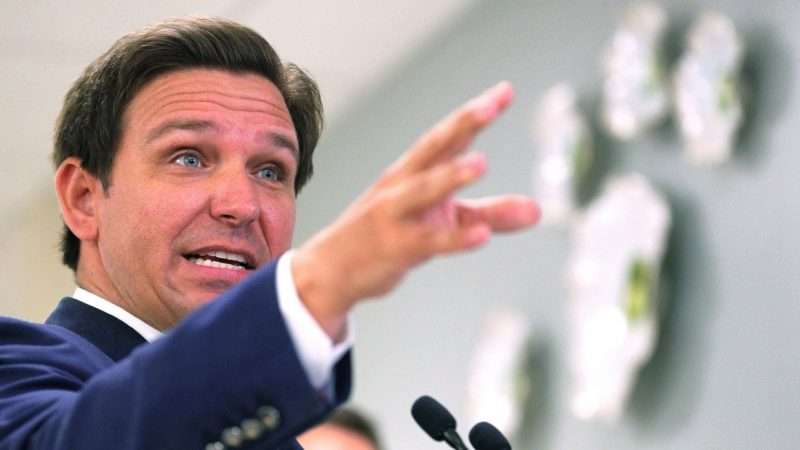Just released; it’s from the University’s Committee on Academic Freedom, which is an organ of the faculty (the Academic Senate) rather than of the administration.
The University’s responsibility to protect academic freedom and freedom of expression cannot be outsourced. As we all know, UC currently relies heavily on platforms such as Zoom to facilitate our teaching, research, governance, and the public dissemination of knowledge. UC cannot, however, rely on private companies to protect the academic freedom on which those core university functions depend.
The threats here are not just hypothetical. Zoom has already canceled political events and academic discussions at other institutions, after receiving complaints and finding violations of their terms of service.[1] UCAF’s worries go beyond the facts of particular prior cases, which vary in potentially important ways. UCAF is concerned about dangers evident in UC’s own contract with Zoom, under which Zoom retains largely unfettered discretion to control what content it hosts. We suspect that Zoom is not alone in this regard.
Zoom’s Terms of Service,[2] which incorporate by reference the company’s Community Standards,[3] currently prohibit all of the following:
- “posting or sending hateful imagery,” where that is defined to include “symbols historically associated with hate groups (e.g. the Nazi swastika),” images of individuals altered “to include animalistic features,” and “logos, symbols, or images whose purpose is to promote hostility and malice against others based on” protected grounds such as race, gender, or religious affiliation;
- “the celebration of any violent act that may inspire others to replicate it”;
- depicting “any form of gory media related to death, serious injury, violence, or surgical procedures” or “media that depicts death, violence, or serious physical injury in graphic detail,” including depictions of “visible wounds” and “bodily fluids”;
- nudity, which is restricted “by default,” though Zoom “may make allowances” when “the intent is clear” that nudity is shared for “educational or medical reasons”;
- “impersonat[ing] anyone,” defined as “pretending to be someone you are not”;
- “use [of] another’s name or image without their permission”;
- engaging in activity that is false or misleading;
- communicating “any material that is . . . indecent.”
Zoom encourages users to report violations of its Terms of Use and Community Standards through its online “Trust Form.”[4]
From swastikas portrayed in history classes to nudity in art studios, from clinical training in the medical schools to impersonation by our theater clubs, mock trial teams, and school mascots, members of the University of California routinely violate Zoom’s terms and standards in the course of regular instruction, research, and extracurricular activities. Of course, Zoom may never enforce its terms and standards to the absurdly broad extent that their vague language would allow. (Insofar as it would never do so, Zoom should have no objection to clarifying and limiting its contractual language.) Under our current contract, however, the power to decide what content to allow lies with Zoom, not the University. This is an astonishingly open-ended threat to the University’s ability to carry out its fundamental mission.
Zoom has the ability to censor University content on the basis of criteria—such as indecency, falsity, goriness, or the promotion of hostility—that would be unconstitutional for the University to employ in some contexts, and a serious violation of academic freedom in many other contexts. This will surely make companies like Zoom an attractive target for those seeking to influence what gets said, taught, and studied at the University. The University needs to take steps to guard against such outside influence now—particularly now, when UC is so thoroughly reliant on the services of companies like Zoom.
To their credit, our colleagues in Academic Affairs and Information Technology at UCOP had begun meeting to discuss these issues even before UCAF raised them. On December 4, 2020, in a letter to the Council of UC Faculty Associations (attached [see pp. 6-7 of this PDF]), the University Provost also addressed the problem, reaffirming in his letter “that the University of California is committed to upholding and preserving principles of academic freedom.” Bringing attention to these principles is always welcome, but the present threat to them requires a stronger response.
Provost Brown writes in his December 4 letter that “Zoom is a private company that has the right to set its own terms of service in its contracts with users.” This is true, but incomplete: the right to set contractual terms is not Zoom’s alone; the University of California is party to the contract as well. UC has already negotiated additions to its contract with Zoom on issues of data security and privacy. Protecting academic freedom is no less vital. The University of California has the responsibility—and fortunately also the stature and market power—to negotiate terms of service that do not just facilitate the University’s core activities, but preserve the academic freedom that makes them possible in the first place.
UCAF therefore requests that Academic Council call on the administration to take the following steps:
First, negotiate with Zoom for contractual terms that protect the academic freedom of UC faculty and other teachers and researchers, the freedom of scholarly inquiry of UC students, and the First Amendment rights of the entire UC community. Content on University of California Zoom accounts should be censored only if hosting it would cause Zoom to violate the law. Any other content limitations should be left to the University.
Second, identify other platforms that UC faculty, students, and staff can use as an alternative if censorship by Zoom occurs or is feared. Provost Brown’s recent letter encourages faculty to “contact their local Information Technology Department for recommendations as to other vendors.” But the threat of censorship is one that affects the entire University. It results from university-wide contracting. A university-wide solution is therefore appropriate. UC should make available backup platforms that can be used for courses and other events while UC’s negotiations with Zoom proceed (or, certainly, if its negotiations fail).
Third, since Zoom is not the only private platform or service the University uses to carry out its core activities, UC should identify other contracts that might raise similar threats to academic freedom and free speech. A renegotiated contract with Zoom could provide a model for negotiations with those contractors, as well as for other universities grappling with similar concerns.
The University of California has an opportunity to be a leader on this important issue. UCAF asks that Academic Council endorse this statement of concern and proposed responses. Thank you for your consideration.
Sincerely,
Brian Soucek, Chair
UCAF[1] See, e.g., “Zoom Blocks Activist in U.S. After China Objects to Tiananmen Vigil,” N.Y. Times (June 11, 2020), https://ift.tt/37j6cLI; Letter from CUCFA to UC President Drake (Sept. 24, 2020), https://ift.tt/2MTpod5; Letter from AAUP to NYU President Hamilton (Oct. 28, 2020), https://ift.tt/2YIjEp2. But see “US Charges Ex-Zoom Employee with Shutting Down Tiananmen Square Events,” BBC.com (Dec. 19, 2020), https://ift.tt/2KJ00Wo.
[2] https://zoom.us/terms/
[3] https://ift.tt/3oNkxHC
[4] https://ift.tt/2MWB3rg
Disclosure: I’m a member of the UCAF (in my capacity as the Chair this year of the UCLA Academic Senate’s Committee on Academic Freedom), and I generally agree with this letter, but I didn’t take the laboring oar on it, and thus shouldn’t get any of the credit.
from Latest – Reason.com https://ift.tt/2MzBFU6
via IFTTT







